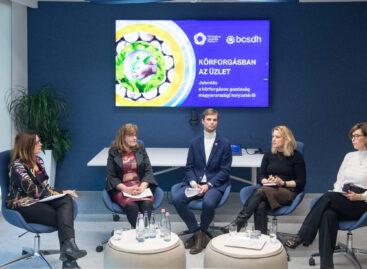DS Smith Reduces Greenhouse Gas Emissions By Close To A Fifth
Packaging firm DS Smith has announced it has reduced its greenhouse gas emissions by close to a fifth (19%) compared to a 2019/20 base year.

The company made the announcement in its latest sustainability report, which also noted that it had exceeded its Plastic Replacement Programme target ahead of a 2025 deadline – with more than one billion pieces of plastic replaced – and was awarded an ‘A’ rating on climate change from the global environmental non-profit, CDP.
The sustainability achievements were made within the scope of the company’s Now & Next Sustainability Strategy, which was updated last year to help the business prioritise circularity in its operations, accelerate its journey to net zero, and strengthen its focus on people, communities and nature.
Emissions Reduction
Other achievements from DS Smith’s latest sustainability report include a reduction in total Scope 1, 2, and 3 greenhouse gas emissions by 5% compared to last year and by 19% since 2019/20, alongside a €90 million investment in a new biomass boiler at its Rouen paper mill, expected to save 99,000 tonnes of CO2 annually.
In terms of social impact, DS Smith engaged 9.8 million people on the circular economy and circular lifestyles and achieved a 12% reduction in accidents year-on-year.
Additionally, the company reduced waste sent to landfill by 19% and optimised 90% of new packaging specifications to align with individual customer supply chains, enhancing overall circularity efforts.
ESM
Related news
There is no circular breakthrough without a strategy – survey on the domestic state of the circular economy
🎧 Hallgasd a cikket: Lejátszás Szünet Folytatás Leállítás Nyelv: Auto…
Read more >DS Smith wins two WorldStar awards
🎧 Hallgasd a cikket: Lejátszás Szünet Folytatás Leállítás Nyelv: Auto…
Read more >Related news
Table reservations for National Restaurant Week start with unchanged prices
🎧 Hallgasd a cikket: Lejátszás Szünet Folytatás Leállítás Nyelv: Auto…
Read more >









